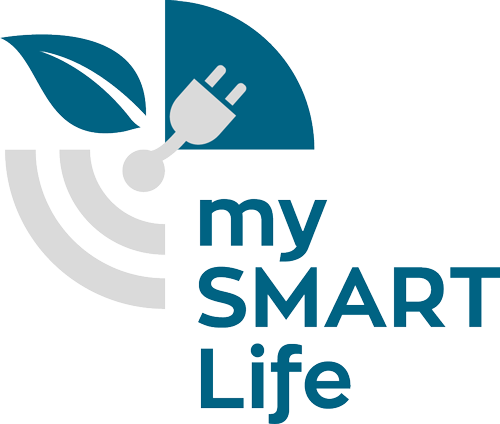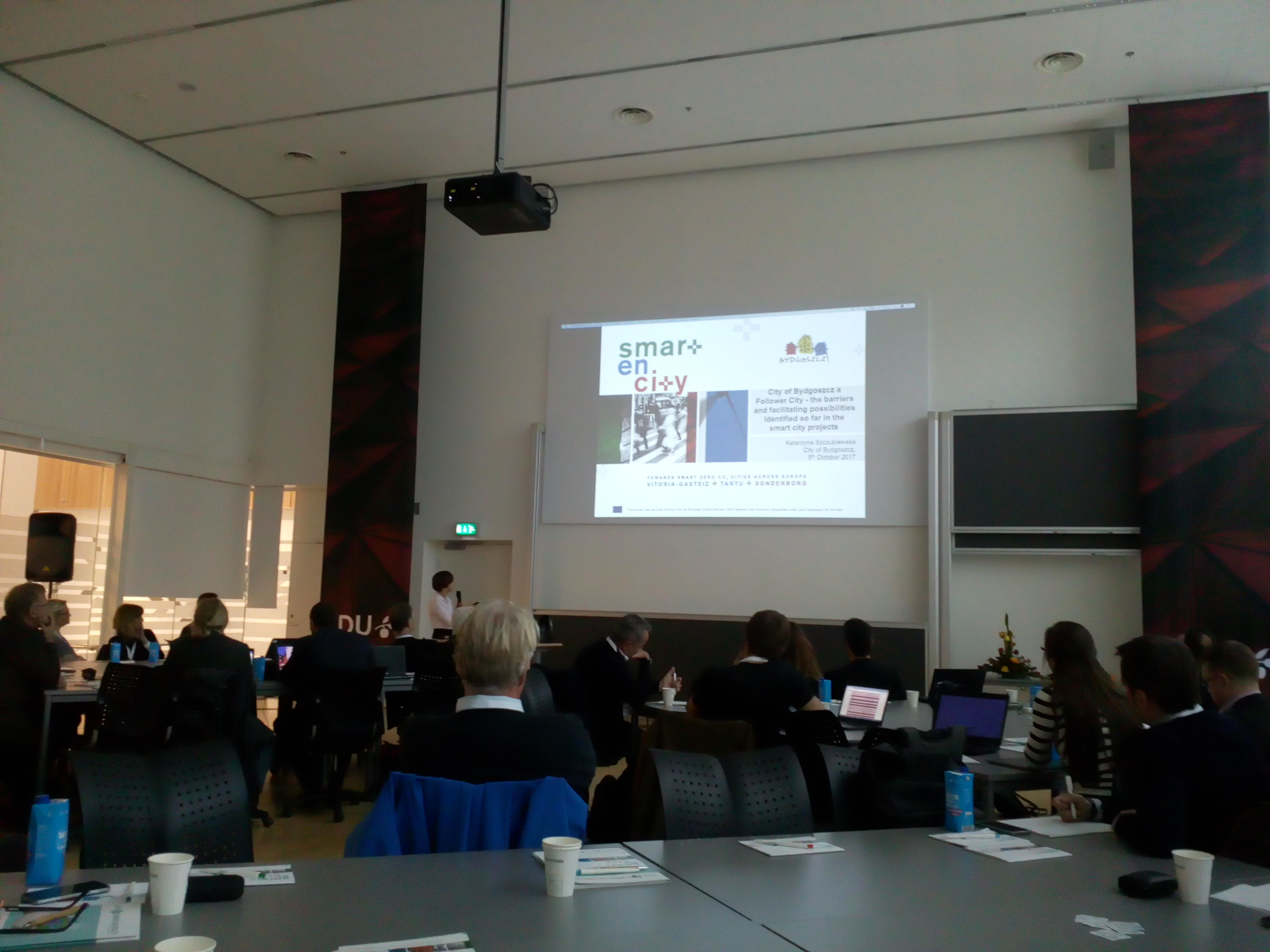The Cities of Bydgoszcz (Poland) and Rijeka (Croatia) participated in various activities organised during the SmartEnCity Conference Week and the Follower City Workshop in Sonderborg, Denmark on 4th and 5th of October 2017. They presented their activities to become smarter cities and the needs and challenges they are facing.
As mySMARTLife, SmartEnCity is a Smart Cities and Communities (SCC1) Lighthouse project funded under the EU’s framework programme Horizon 2020 who had invited mySMARTLife and SCC1 Lighthouse Projects to the event. The two-day Climate conference focused on integrated smart solutions for Europe´s ambitious small and medium sized cities, including citizen participation and policy framing. The conference provided an opportunity to discuss how cities, independent of size, can learn from each other.
On 5th October, a workshop was specifically dedicated to the European Smart City project’s Follower Cities – cities that are closely following the demonstration actions in the Lighthouse Cities and are learning from these in order to develop their own smart city strategies and replication plans. During the workshop, titled “SCC follower cities needs and challenges”, 12 Follower Cities of the EU funded projects presented the barriers, challenges and solutions they have experienced so far. The Follower Cities, among them the mySMARTLife cities Bydgoszcz and Rijeka, expressed their needs and explained what challenges they are facing to develop their ideas. Questions regarding organisational, legal, economic and technical barriers and challenges were discussed along with their possible solutions.
The City of Bydgoszcz introduced itself by presenting general information about the city and its energy-related activities. The City is planning to expand a special economic zone for more renewable energy sources companies. Moreover, it intends to buy 10 fully electric buses in 2019 to reduce its CO2 emissions. Besides, the Energy Management Office created in 2016 is implementing a new Energy Data Base of public buildings and is working on a Thermal Energy Control System for public buildings as well.
The City of Rijeka also presented its activities to becoming a smarter city. Thus, a city development strategy and a sustainable energy action plan were elaborated and a smart city action plan and replication plan are under development. The city is already very active in the fields of smart lighting, renewable energies and the retrofitting of buildings. Concerning the city infrastructure, smart meters have been installed for measuring gas, electricity and water in public buildings and a district heating network is currently being optimised. Rijeka has also started to replace its diesel bus fleet by CNG-fuelled vehicles; traffic and parking management systems are in place. The city is also promoting citizen participation via an open data portal in the city development process.
During a study visit in the afternoon of 5th October, the Follower Cities had the opportunity to discover a brand new bio-gas bus station in SmartEnCity lighthouse city Sonderborg where, since June 2017, more than 40 bio-gas buses are operating. Thus, more than one million litres of fossil fuels are replaced by bio-gas every year. Also, a local housing estate was visited where inhabitants have created an almost self-sufficient energy system composed of photovoltaic panels, biomass, heat pumps and LED lamps. A multi-energy source heating system was demonstrated where wind turbines, biomass, solar panels and heat pumps are combined to provide green energy to residents.
The Cities of Bydgoszcz and Rijeka are thus making good progress to evolve into more environmentally friendly and smarter cities. They benefitted from the exchange of experiences in the different workshops and learnt about innovative ideas which could be implemented in their cities.


